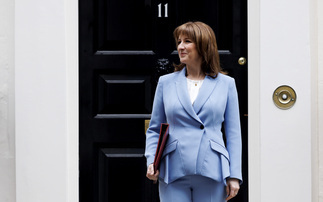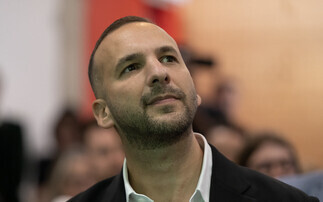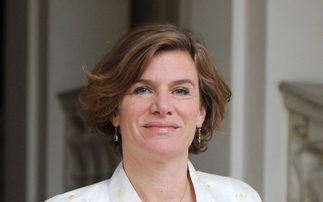Latest UN analysis claims national climate pledges deliver half of the carbon cuts needed to prevent dangerous warming
The national climate pledges submitted by countries ahead of the Paris Summit later this month are "far from enough" to prevent dangerous global warming, according to the latest analysis released today by the UN Environment Programme (UNEP).
The Intended Nationally Determined Contributions (INDCs), which detail over 150 countries national climate action plans, only provide half of the emissions cuts needed for a two degrees pathway, the UNEP Emissions Gap report concludes. By 2030 the INDC pledges will cut 11GT of greenhouse gases from the atmosphere, 12GT short of what is needed to give the world a two-thirds chance of limiting warming to two degrees, it calculates, further fuelling fears any Paris agreement will struggle to tackle escalating climate risks.
UNEP executive director Achim Steiner said the pledges represent "an historic level of commitment", but warned more must be done to put the world on a safe trajectory of warming. "The INDCs assessed in this Emissions Gap report signal a breakthrough in terms of international efforts to bend the curve of future emissions," he said in a statement. "However, in order to close the gap it is essential that the Paris Agreement adopt a dynamic approach in which ambitions, the mobilisation of climate finance and other forms of cooperation can be adjusted upwards at regular intervals."
Despite the warning that the world remains on track for 'dangerous' levels of climate chante, the report also strikes an optimistic note, detailing how the INDCs will deliver social and political benefits that go beyond tangible emissions reductions, by sparking the creation of climate policies and social action that will form the first step in a global low-carbon transition.
The UNEP report goes on to back the inclusion of a review mechanism in any Paris agreement, which would encourage countries to 'ratchet up' their climate ambitions at regular intervals - probably every five years. Hopes are building that this mechanism will make it into the final Paris Agreement, following a joint declaration of support for the idea from China and France last week.
The report also stresses more action could be taken to tackle deforestation and improve energy efficiency to boost emissions reductions, allowing countries to over-achieve against the targets they have set in their INDCs at minimal extra cost. It echoes the findings of a report released earlier this week by the New Climate Economy, which claimed that raising energy efficiency standards around the world could reduce greenhouse gas emissions by up to 6.9GT per year by 2030 - more than the current annual emissions of the United States.
Speaking ahead of the G20 meeting next week in Turkey, Felipe Calderón, chair of the Global Commission on the Economy and Climate, said energy efficiency is an environmental and economic "win-win" for the G20.
"In addition to being good for the environment, it is in the economic self-interest of consumers, businesses and governments, and should be the top of the agenda at the G20 meeting. What the G20 takes on today could be the global norm tomorrow," he said in a statement.
With just three weeks to go until the Paris Summit begins, the final INDCs are still trickling in. Yesterday, Fiji became the latest country to submit its climate plan, pledging an unconditional 10 per cent emissions cut by 2030 compared to business-as-usual, or a 30 per cent emissions cut dependant on international support. This applies to energy emissions only. Fiji also included an additional target of using 100 per cent renewable electricity by 2030.
However, as the UNEP report underlines the success of the INDC from Fiji, and every other nation, now rests on the ability of countries to exceed their targets and revisit them regularly in order to make them stronger still.
This article is part of BusinessGreen's Road to Paris hub, hosted in association with PwC.










